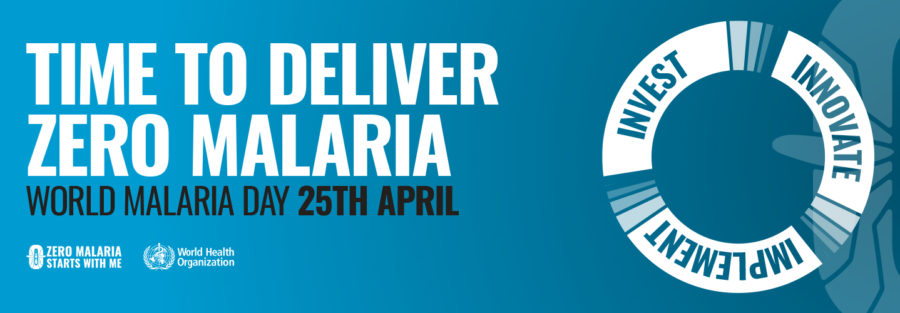The World Malaria Report 2022 indicates that more than 600,000 people die of malaria yearly despite a reduction in malaria cases. Most malaria deaths still occur in children and pregnant women despite efforts by WHO to implement strategies to reach these populations, mostly marginalized in accessing malaria products for treatments and prevention.
Less privileged and marginalized populations already suffer the fate of poor health systems. These populations cannot fight malaria, especially since most are recovering from the covid-19 pandemic. An equitable, accessible and affordable health system across all borders can make the fight against malaria possible and ensure zero malaria. This year’s theme for the World Malaria Day celebration, ‘Time to deliver zero malaria: invest, innovate, implement,’ calls on world leaders to take the fight against malaria to a higher level of success.
Investments should be made into preventive solutions like preventing the breeding and existence of mosquitoes that infect with malaria; provision of treated insecticide nets; intermittent preventive treatment for pregnant women; regular testing and vaccinations; and curative solutions like treating infected persons with the recommended drugs and following through with the malaria management protocol.
There is currently the invasion and active spread of the Anopheles Stephensi, a new breed of mosquito transmitting malaria. Though innovations have been made in the fight against malaria, due to the changing nature of the disease, more innovations are needed to reach zero malaria by 2030. Further, innovations to help in the fight against malaria should be expanded broadly to remote regions and distant communities to save the lives of many, especially those in the areas defined as moderate to high transmission zones by WHO.
Innovative technologies and strategies put in place to prevent or stop malaria by WHO should be implemented by world leaders to ensure zero malaria is achieved. All countries worldwide can reach zero malaria cases and be certified as a malaria-free zone, just like China and Malaysia, by 2030 if the agreed-upon strategies and innovations are implemented.
Both our individual and collective efforts can achieve zero malaria. It’s time to invest, innovate and implement for zero malaria.
Happy World Zero Malaria Day.



